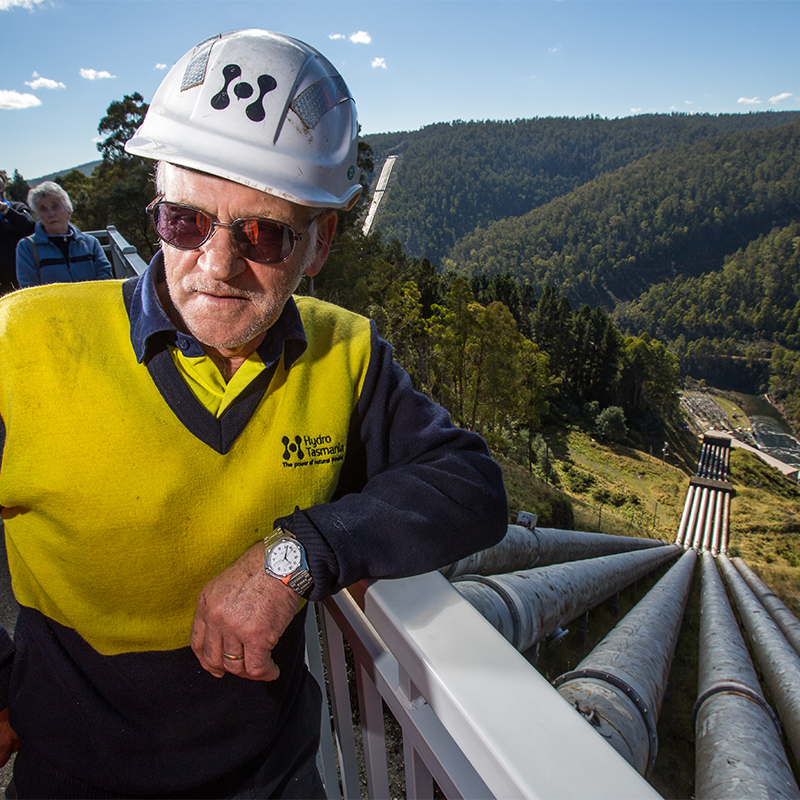For a long time, we’ve had no new hydro in Australia, but in the last few years we have seen some exciting activity.
For new builds, such as pumped hydro, there’s a high demand for labourers for such things as tunneling, underground works, heavy earthworks and concreting. Drillers and drivers are also in high demand. For existing asset upgrades, opportunities are more focused on the trade and technician roles across electrical, mechanical, civil, construction and metal, and include niche roles such as hydrographers.
The professional roles are heavily skewed towards engineering – mechanical, mechatronics, power systems, renewable energy systems, hydropower, geotechnical, electrical and civil. These are supported by surveyors and spatial analysts, geomatics, environmental scientists and other field staff that collect and analyse relevant contextual data. Construction managers are also needed to oversee any construction projects, such as tunneling.
There are also plenty of non-engineering roles in law, finance, logistics, people management, training and safety. For example, energy traders with finance, economic or mathematical knowledge that manage the commercial sales and wholesale trading operations and analysis are in high demand.
It’s an exciting time to be part of the renewal of Australia’s hydropower industry.
A key feature of a job in hydropower is that there are many regional opportunities, with most of Australia’s hydropower generation located in either Tasmania or the NSW Snowy Mountains. Both Hydro Tasmania and Snowy Hydro are large employers, but they are not the only employers in those regions. They also rely on local contractors to support their assets. Beyond those states, there are smaller hydro power plants in all other Australian states and pumped hydro projects operating or under construction in both NSW and Queensland.
The electrical, mechanical and civil skills required in the hydro sector are highly valued in other parts of the energy supply industry and some of the construction industry, particular heavy underground work. Workforces for industries such as oil and gas, mining and metals, rail, water, and environmental services are also likely to have skills that are easily transferable to hydropower.
Engineering roles
Hydrologists, hydropower engineers, geologists and geotechnical or geomatics engineers are specialised roles that are critical to hydropower.
